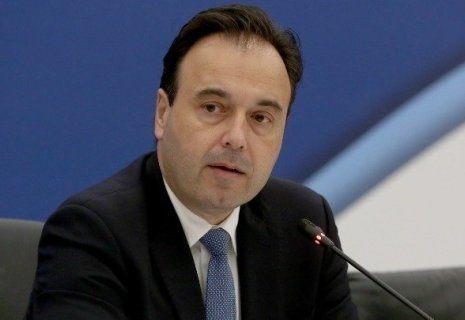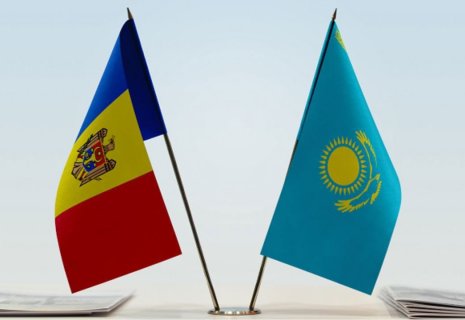
Croatia’s Euro Switch Had Minimal Inflation Impact
The adoption of the euro in Croatia sparked public concern about inflation, but a new analysis by Bulgaria’s Fiscal Council shows the actual impact was minimal and short-lived, CE Report quotes BTA
The report, released Wednesday, examined inflation trends in Croatia from 2022 to April 2025 and found that the euro contributed only 0.04 to 0.20 percentage points to monthly inflation in early 2023. Most price increases were instead linked to global economic conditions.
Despite this, many Croatians perceived a noticeable rise in everyday prices—a gap attributed to poor public communication and ineffective government price controls. The Council warns that Croatia's approach offers key lessons for Bulgaria, which is preparing for its own euro transition.
The study also reviewed similar euro adoptions in Estonia, Latvia, Lithuania, and Slovakia, where temporary inflation spikes were quickly stabilized with proper market oversight. Overall, the findings suggest that eurozone entry does not significantly affect long-term inflation when accompanied by transparency and sound policy.
























